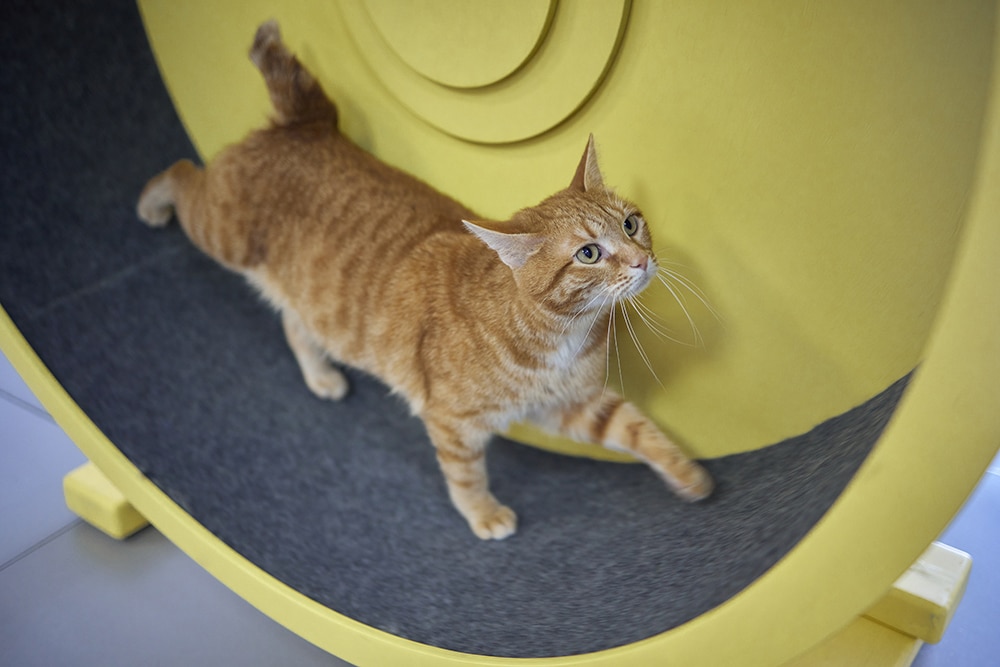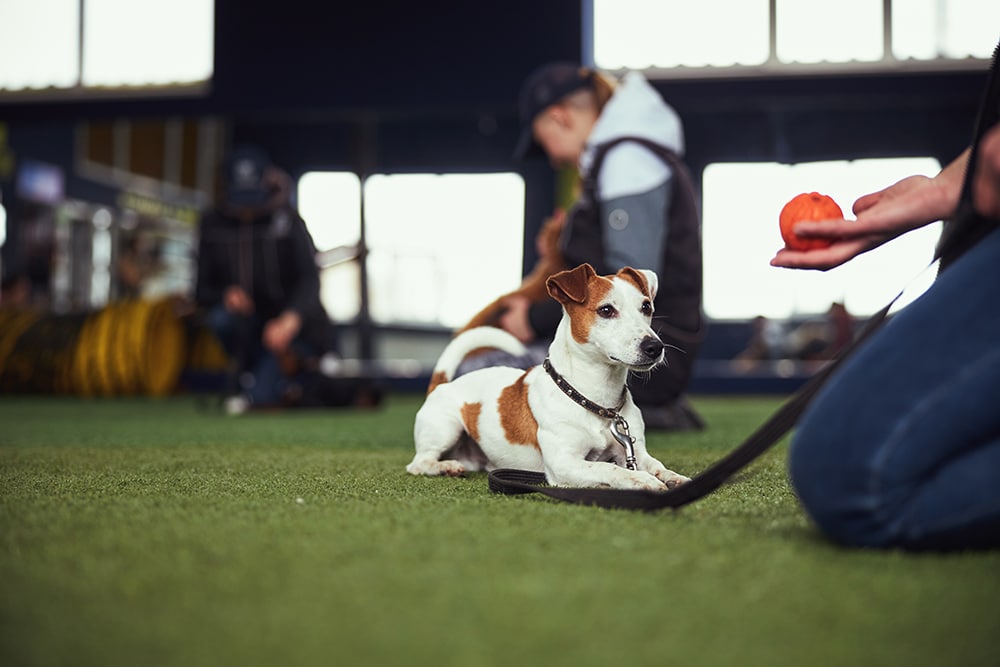Raising Confident Puppies and Kittens: Proactive Training Tips from Trafalgar Animal Hospital
Bringing home a new puppy or kitten is an unforgettable moment—but if you’ve found yourself Googling “how to stop the midnight zoomies” or “why is my dog chewing the baseboard,” you’re not alone. Training starts early, and the earlier you begin with proactive habits, the smoother life becomes—for both you and your new companion.
At Trafalgar Animal Hospital in Oakville, we’ve helped guide countless new pet owners through the early days of puppy and kitten training. This guide covers everything from housebreaking to socialization to preparing your pet for stress-free vet visits. Whether you’ve adopted a mischievous tabby or a bounding Labrador, let’s set the stage for lifelong success.
The Importance of Early Training and Socialization
Why start early? The first few months of life are when puppies and kittens are most receptive to new experiences. According to the AVMA, socialization during this critical window lays the foundation for confidence, calmness, and better behavior later in life.
But socialization doesn’t just mean meeting other animals. It also means exposure to:
- Noises (vacuums, doorbells, thunder)
- People of all ages, shapes, sizes, colors, and mobility
- Different environments (car rides, sidewalks, parks)
- Handling (being touched on the ears, paws, and tail)
Want a dog that walks into the clinic like a pro? You’ll need to prepare them for it.
How to Prepare for Veterinary Visits
Even the most well-socialized animals can get nervous about the vet. That’s why cooperative care is so important. Preventive Vet emphasizes that handling training—like lifting lips, examining paws, or mimicking a temperature check—can reduce fear and stress.
Not sure where to start? CattleDog Publishing offers simple techniques to get your puppy or kitten used to the sights, smells, and touches of a veterinary exam.
We encourage all new pet owners to schedule their first wellness exam within the first few weeks of adoption. Not only is it important for vaccines and parasite prevention, it also builds familiarity with our team and exam rooms.
Addressing Puppy Behavior Problems Early
Puppies are full of energy—and that’s putting it politely. If your dog is turning your favorite running shoes into confetti, take a breath and know that you’re not alone.
Here are a few common challenges and how to tackle them:
Mouthing and Nipping
This is part of normal puppy play, but it needs redirection. According to the ASPCA, consistent redirection with toys, paired with calm withdrawal when biting escalates, is key.
Leash Pulling and Tugging
Dogs that yank or bite their leashes often need a reset in leash etiquette. AKC recommends starting with short, focused leash training sessions in low-distraction environments.
Living with Kids and Puppies
If you have young children, supervision and structure are essential. The Animal Humane Society shares helpful advice on managing these interactions to keep everyone safe and happy.
Need more outlets for that puppy energy?
Explore dog enrichment ideas that stimulate the mind and prevent boredom-related behavior issues.
Kitten Training: Yes, You Can Train a Cat
Cats may have a reputation for doing things on their terms, but that doesn’t mean training is off the table. In fact, early kitten training is crucial for litter box use, carrier comfort, and reducing future behavior issues.
Litter Box Training
Location, cleanliness, and litter type all matter. Purina offers solid tips for getting it right from day one. If your kitten suddenly stops using the box, it’s time to reassess or visit your veterinarian.
Redirecting Scratching
Scratching is normal feline behavior—it’s just not supposed to happen to your new couch. Offer scratching posts in various locations and use catnip to entice proper use.
Preventing Common Cat Behavior Issues
From inappropriate biting to nighttime wake-ups, many kitten behaviors are manageable with early intervention. The ASPCA provides guidance on handling these without punishment.
Enriching the Indoor Environment
Keeping an indoor cat mentally stimulated is just as important as physical care. The Indoor Pet Initiative and these DIY enrichment ideas offer creative, low-cost ways to provide enrichment at home.
For more detail on setting kittens up for behavioral success, don’t miss the Kitten Success Guide from Fear Free.
Encouraging Positive Human–Animal Relationships
Training isn’t just about obedience—it’s about communication. One of the best things you can teach a puppy or kitten is how to say, “I need space,” “I’m uncomfortable,” or “I’m ready to learn”. You also need to learn to understand your pet’s body language so you know what it is they are trying to tell you. By responding to those cues, you build trust.
Need help managing biting or rough play? The Animal Humane Society breaks down the best ways to redirect that behavior into something appropriate and non-destructive.
And if you’re an avid cyclist or just enjoy long walks, it’s never too early to introduce safe habits around traffic. Their dog and bike safety guide is a great place to start.

When to Ask for Help
It’s completely normal to feel overwhelmed in the early days of pet ownership. Life with a puppy or kitten is equal parts snuggles and pulling your hair out. If your puppy’s behaviors escalate or your kitten shows signs of fear or aggression, don’t wait. Behavioral problems are easiest to resolve early on.
Our team at Trafalgar Animal Hospital is here to support you—not just for vaccines and physical exams, but for the day-to-day realities of raising a new pet. We’re proud to offer wellness services that look at the whole animal: body, brain, and behavior. Reach out anytime for guidance.
Raising a Well-Adjusted Pet Starts Now
Training a puppy or kitten may feel like a full-time job some days. But every play session, leash walk, and quiet moment of connection adds up to a lifelong bond. With the right guidance and early effort, your new pet can grow into a calm, confident, well-mannered member of your family.
At Trafalgar Animal Hospital, we’re more than just your veterinarian—we’re your partner in setting your puppy or kitten up for a lifetime of health and happiness.
Let’s get started together.









Leave A Comment